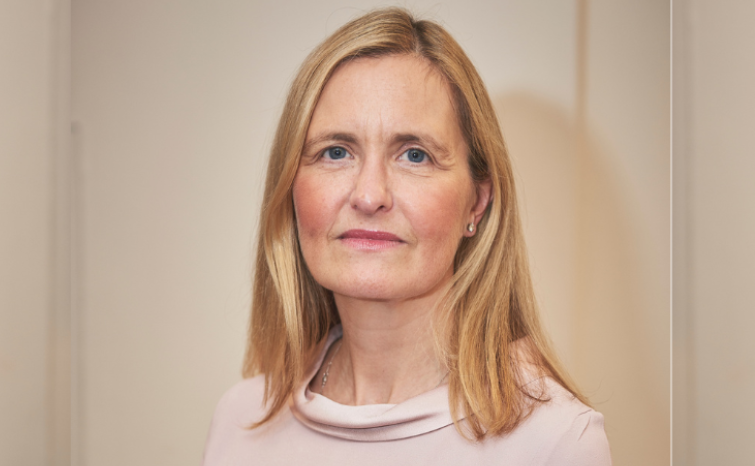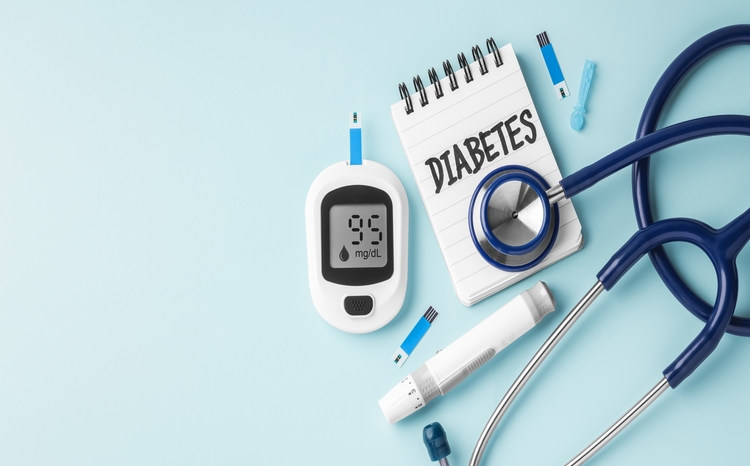Lords call for digital inclusion
- 18 February 2015

The UK should have one minister to advance the country’s digital ambitions, according to a report published by the House of Lords that argues better digital skills would also improve employability and health.
The report, entitled ‘Make or Break: The UK's Digital Future’, claims there is a “distinct lack of government coordination on digital initiatives” and notes that current digital activities are handled by four ministers, a taskforce, a committee and a unit.
Streamlining the process under one head would put the government in a better place to adopt a single ‘digital agenda’ to secure the UK’s place as a leading digital economy, the report from the Lords’ digital skills committee contends.
Central to this will be developing digital literacy at a school level and improving access to the internet, the committee’s chair, Baroness Morgan, argues, calling for ‘digital literacy’ to be taught as a third, core subject after reading and writing.
“In some parts of the UK, as many as 20% of the population has never used the internet,” said Baroness Morgan, a Labour peer and former chair of education standards body Ofsted.
“Only when the government treats the internet as a utility, as important and vital for people as water or electricity, will these issues be addressed.”
Reducing digital inequality across the country could have an impact on health inequalities, says the report, which argues for improved digital inclusion.
“Additional benefits of reducing digital exclusion included enhanced access to information and services across a broad range of areas, including health, consumer issues and finance,” it says.
The view is backed by several experts that the committee spoke to in order to develop the report.
Helen Milner, chief executive of the not-for-profit social enterprise Tinder Foundation, said: “We already get some funding from NHS England, which recognises that health inequalities and digital inequalities go hand in hand.
“Perhaps we could persuade others to ensure that it works, such as through work programme 2 [a government scheme to get people into employment, including those with health conditions].”
David Hughes, chief executive of the National Institute of Adult Continuing Education, added: “People with literacy and numeracy problems often have poor health understanding and poor financial skills, and they nearly always have poor digital skills as well.”
NHS England placed a £1m contract with Tinder to train 50,000 people to use online health services in September 2013, as part of its £2m Health Online programme. It extended the contract for another year in May 2014.
Tinder is both training people in online skills and in finding health information online. It particularly targets ‘hard to reach’ groups.
The committee also noted the impact of new technology on the jobs market in the UK, referencing estimates from economists that 35% of current jobs in the UK could become automated.
Healthcare roles are among the jobs least at risk, says the report, while the jobs most at risk include office and administrative support work, sales and services and transportation.




